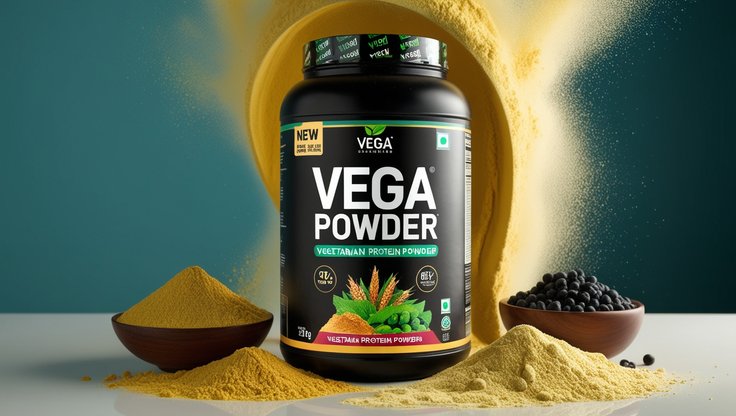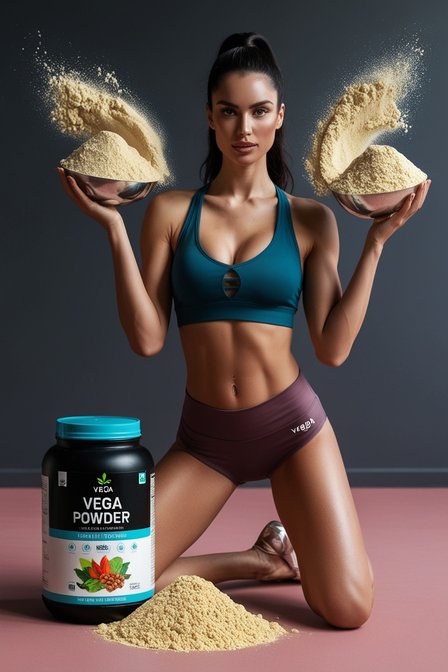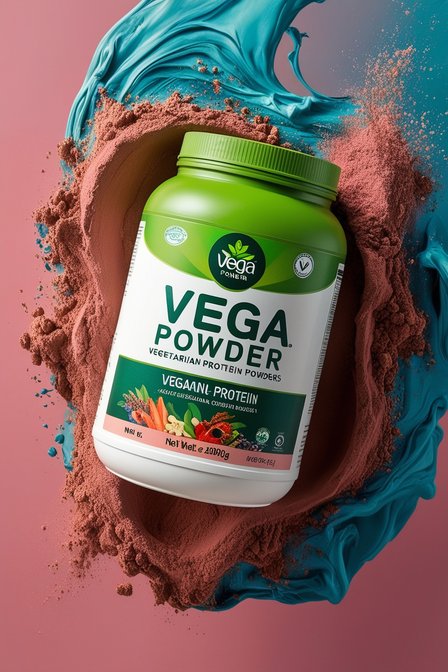Vegan Protein Meal Plan: Nourishing Your Body with Plant-Based Power
Introduction to Vegan Protein
Adopting a vegan diet comes with numerous health benefits, including reduced risk of chronic diseases, improved digestion, and enhanced overall well-being. One common concern, however, is meeting protein needs without animal products. Fortunately, the plant kingdom offers an abundance of protein-rich foods that can fulfill your dietary requirements. This guide provides a comprehensive vegan protein meal plan to help you thrive on a plant-based diet.
Understanding Protein Needs
Protein is a crucial macronutrient that plays a vital role in muscle repair, enzyme production, and immune function. For the average adult, the recommended daily allowance (RDA) is about 0.8 grams of protein per kilogram of body weight. For those who are active or looking to build muscle, protein needs may increase to 1.2-2.0 grams per kilogram.
Key Sources of Vegan Protein
Plant-based protein sources are varied and versatile. Legumes, such as beans, lentils, and chickpeas, are excellent options. Nuts and seeds, including almonds, chia seeds, and hemp seeds, provide both protein and healthy fats. Whole grains like quinoa and farro, as well as soy products like tofu, tempeh, and edamame, are also protein powerhouses.
Breakfast: A Protein-Packed Start
Starting your day with a protein-rich breakfast sets the tone for sustained energy and satiety. A smoothie bowl made with plant-based protein powder, almond milk, spinach, banana, and a spoonful of peanut butter is both delicious and nutritious. Alternatively, overnight oats prepared with chia seeds, flaxseeds, and topped with fresh berries provide a hearty and protein-dense morning meal.
Mid-Morning Snack: Fueling Your Day
Mid-morning snacks are an opportunity to maintain energy levels and keep hunger at bay. A handful of mixed nuts and seeds, paired with a piece of fruit, offers a convenient and protein-rich option. Alternatively, a slice of whole-grain toast with avocado and nutritional yeast is both satisfying and rich in essential nutrients.
Lunch: Balanced and Protein-Rich
For lunch, aim for a balance of protein, complex carbohydrates, and healthy fats. A quinoa and black bean salad, tossed with colorful vegetables and a lemon-tahini dressing, provides a vibrant and nutrient-dense meal. Another option is a chickpea and avocado wrap, packed with fresh greens, tomatoes, and a drizzle of tahini for added flavor.
Afternoon Snack: Sustaining Energy
An afternoon snack helps bridge the gap between lunch and dinner, preventing energy dips and keeping you focused. A protein smoothie made with plant-based protein powder, almond milk, frozen berries, and a scoop of almond butter is refreshing and nutritious. Alternatively, a bowl of edamame sprinkled with sea salt is a simple yet protein-packed snack.
Dinner: Hearty and Satisfying
Dinner is the time to enjoy a hearty and satisfying meal that replenishes your body after a long day. A stir-fry with tofu, broccoli, bell peppers, and snap peas, served over brown rice or quinoa, is a flavorful and protein-rich option. Another delicious choice is a lentil and vegetable curry, simmered in coconut milk and served with a side of whole-grain naan or steamed basmati rice.
Evening Snack: Ending on a High Note
Ending your day with a light and protein-rich snack can support muscle recovery and promote restful sleep. A bowl of Greek-style coconut yogurt topped with a handful of mixed berries and a sprinkle of hemp seeds is a delightful and nutritious choice. Alternatively, a small serving of hummus with sliced cucumber and carrot sticks provides a savory and satisfying snack.
The Benefits of a Vegan Protein Meal Plan
A vegan protein meal plan not only meets your protein needs but also offers numerous health benefits. Plant-based diets are rich in fiber, vitamins, and antioxidants, which contribute to improved digestion, enhanced immune function, and reduced inflammation. Additionally, vegan diets are associated with a lower risk of chronic diseases, such as heart disease, diabetes, and certain cancers.
Tips for Success
Transitioning to a vegan protein meal plan can be smooth and enjoyable with a few key tips. Firstly, diversify your protein sources to ensure you're getting a range of amino acids and nutrients. Secondly, plan your meals and snacks in advance to avoid last-minute food choices that may not meet your protein needs. Thirdly, stay hydrated and include a variety of colorful fruits and vegetables in your diet to maximize nutrient intake.
Conclusion
Embracing a vegan protein meal plan is a rewarding and health-promoting choice. With an abundance of plant-based protein sources available, meeting your nutritional needs is both achievable and enjoyable. By incorporating a variety of protein-rich foods into your daily meals and snacks, you can nourish your body, support your fitness goals, and thrive on a plant-based diet.



